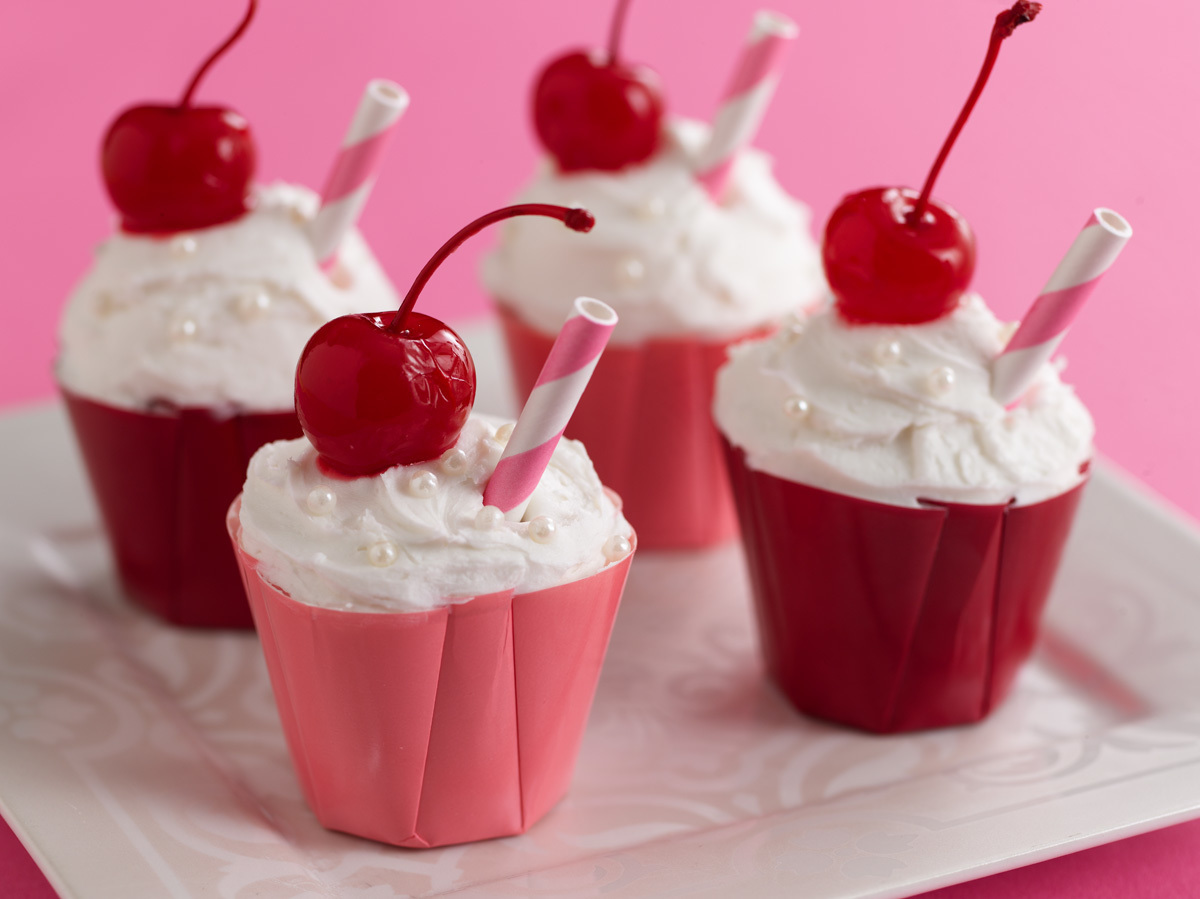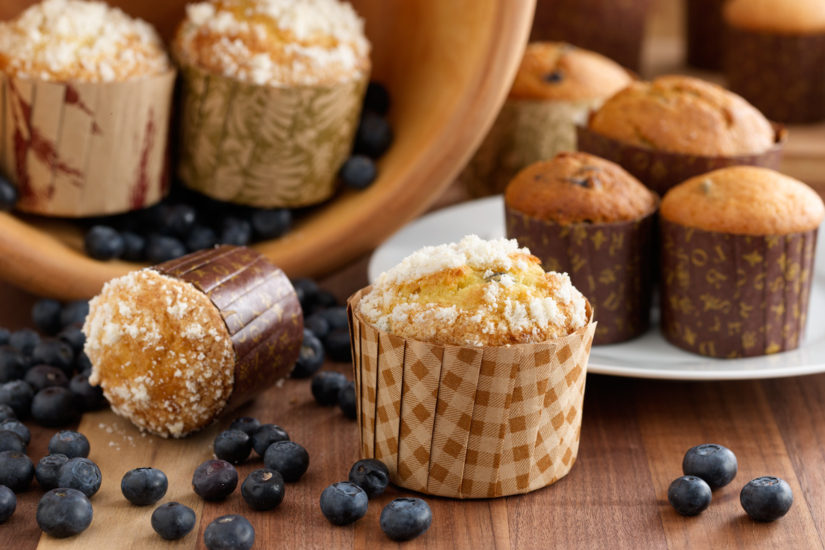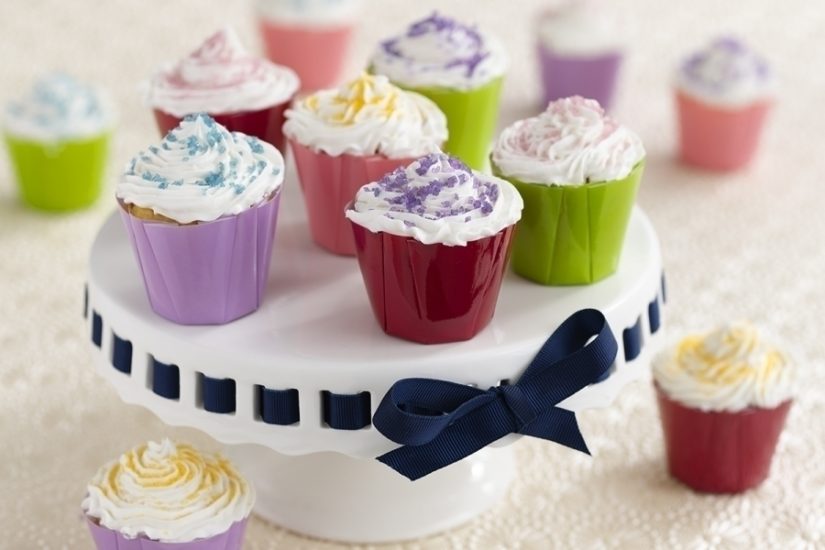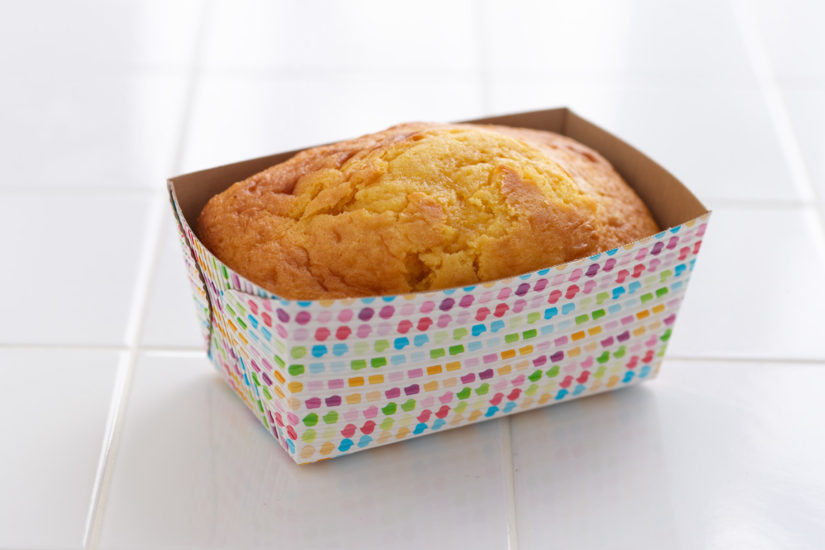In today’s technology-saturated world, is there any room left for poetry? Real, authentic poetry that has lyrical, compelling qualities and evokes intense emotions?
Here’s to hoping that there is always room for poetry, as it’s an exercise (whether you read it, recite it, write it or study it) that has some surprising similarities to baking. And if you’re a baker, you know that, no matter how technological we get, there’s always room for the art of baking.
Rhythm and rhyme. There’s something rhythmic about measuring and mixing ingredients, cracking and beating eggs, folding and pouring batter into baking cups. Baking is a comforting, ritualistic practice, one that encourages experimentation. Take away an ingredient or alter the recipe just a smidge, and the end result is a new creation. Remove a word or repeat a certain sound and your poem is still beautiful, yet different.
Love. Just as lines of poetry convey meaning, so too does baking express emotion and communicate how you feel. Give someone the gift of your baking labors, and you’ve shown your sincerity without saying a word. Baking for someone is an act of kindness and grace, and one that, like poetry, can express deep feelings.
Art. A poet is an artist, someone who is creative and profound in a way that others are not. If you bake, you too are creating art, and you too possess imagination and creative insights. Your kitchen is your studio, and the batter or dough is the language that you mold into the message you want to express.
If all this is a bit too frou-frou for you, consider this quotation from literary critic M.H. Abrams: “If you read quickly to get through a poem to what it means, you have missed the body of the poem.” Now apply this same concept to the act of baking — and to the act of savoring the end result.




